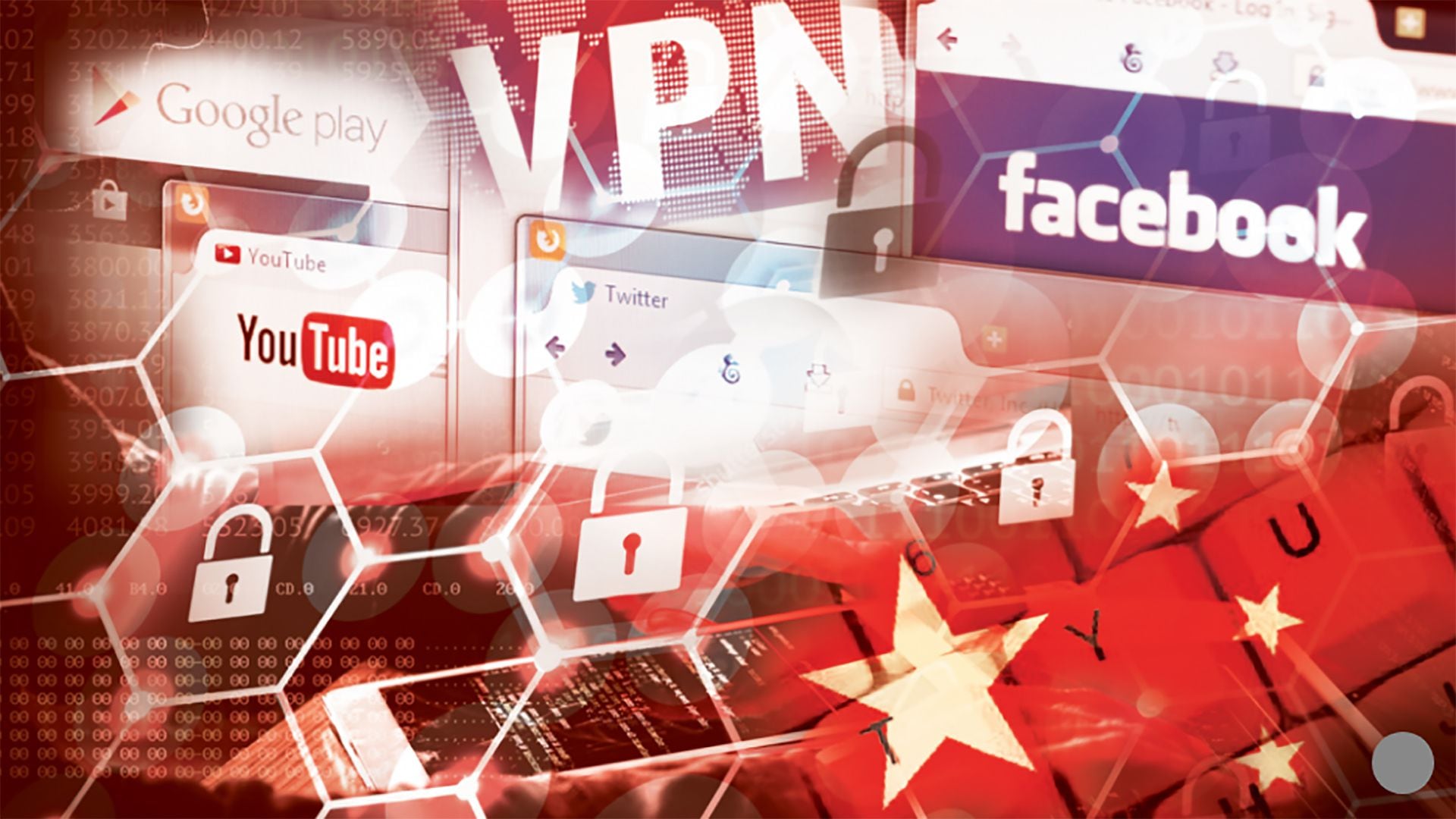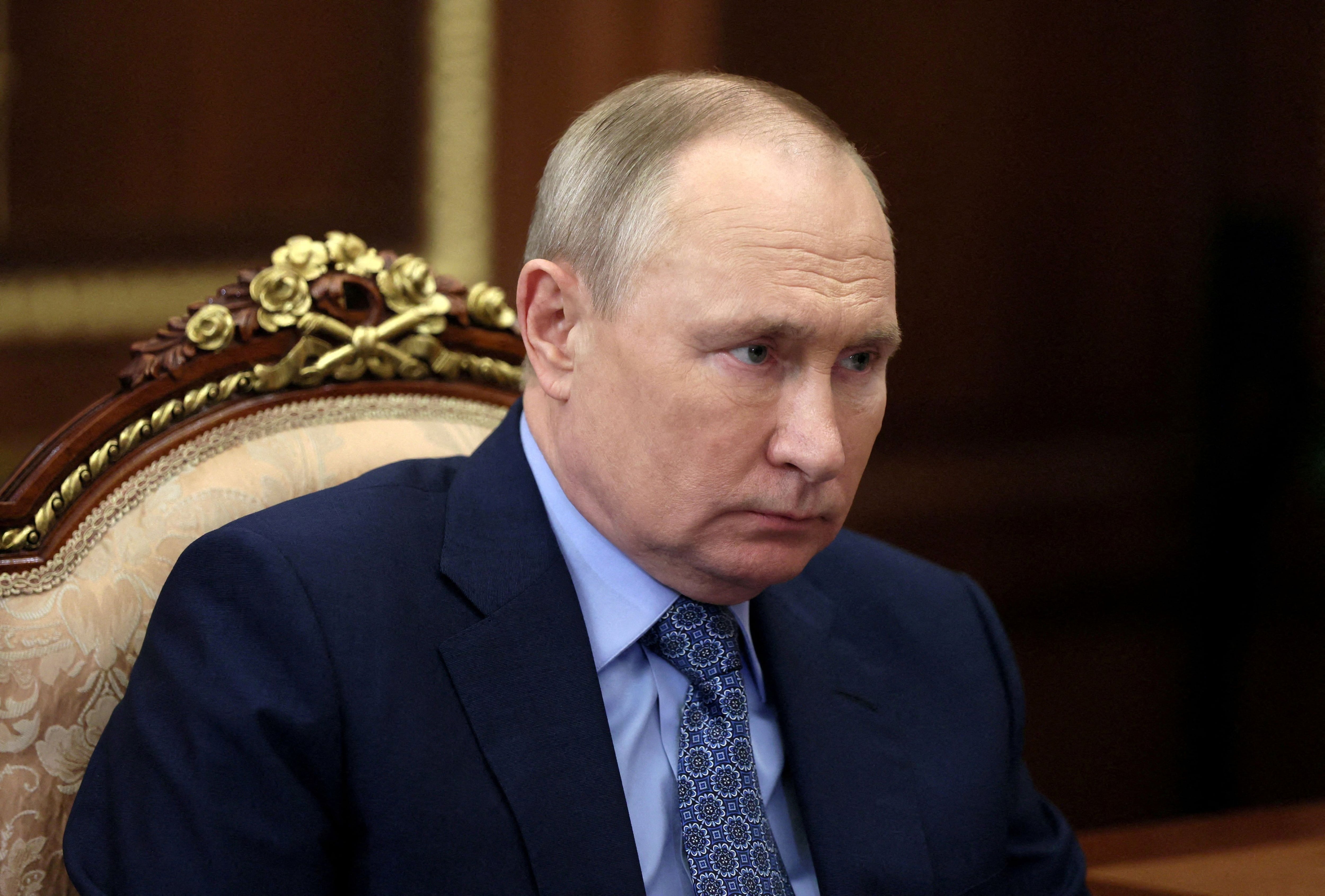
In an era governed by technology and digital communication, the Internet occupies a fundamental place in the political-social fabric worldwide. Such is the case that, in the face of Russia's invasion of Ukraine, multiple websites and online platforms quickly spoke out against the offensive launched by the Kremlin and decided to join the wave of sanctions imposed.
However, despite his notable weight in people's daily lives, Vladimir Putin does not seem to be a subject that worries him too much but, on the contrary, he dismisses him or even doubles the bet by imposing his own rules of the game.
In the eyes of the world, Ukraine's request to disconnect Russia is a more than significant sanction. It should also be noted that, in these times - where fintech plays an increasingly large role in world economies and considering that Russia does not have as strong a market as the Chinese market could be, which resembles it in the type of restrictions - cuts in access to sites and platforms could lead to a serious problem in the future. However, these scenarios could be left out of the perspective of Putin, who for years has been working on an alternative something similar to the “Great Digital Wall” that has been implemented in China for some time and through which rigorous controls are exercised over the content that is published and disseminated.

In 2019, Russia passed the Internet Sovereignty Law and, with it, launched Runet, its own network. In this way, it seemed that it was beginning to warm up engines to impose on its citizens another method of control by the possibility of totally or partially isolating them when it so decided. It had its pilot test and it was successful. Some time ago, in an interview with the media, the Kremlin leader himself stated that “the more sovereignty we have, even in the digital field, the better. This is a very important area.”
In turn, since 2012 Russia coexists with a series of sanctions that limit data traffic that moves on the Internet. For example, Federal Law 139-FZ passed that year established a blacklist of online records, managed by Roskomnadzor (the Federal Service for Supervision of Telecommunications, Information Technology and Media). With it, the agency was given power to block any media that it considers to have “inappropriate” content and opposes eliminating it. According to Google's latest Transparency Report, corresponding to the first half of 2021, Russia - through Roskomnadzor - issued approximately 19,000 complaints during that period to eliminate more than 200,000 items.
Later, in 2013, Federal Law 398-FZ was passed, which allows the immediate removal of sites linked to protests, extremist activities or that call for participation in mass public events without government approval. As a result, Apple and Google were forced to remove an app from their stores that had been created by followers of opposition leader Alexei Navalny.
2015 was the year in which the Kremlin began to target large companies the strongest, since Law 242-FZ imposed that the information of Russian citizens must be processed and stored on servers that are physically in the country.

Against this, the NGO Human Rights Watch states that “developments in Russian internet regulations that tighten government control over Internet infrastructure, introduce new ways of monitoring online activity, filter and redirect Internet traffic and increase the Government's ability to monitor online activity. blocking online content, are inconsistent with the standards of freedom of expression and privacy protected by the International Covenant on Civil and Political Rights, and by the European Convention on Human Rights, of which Russia is a party.”
In view of these data, it is not striking that, according to the latest Digital Freedom Index released by Proton VPN, which measures which countries in the world have the least restrictions in this area - for this it considers 7 categories such as obstacles, violations of user rights, legality of social networks and freedom of the media - Russia is third among the 20 lowest scoring nations.
But there's more. Faced with the refusal of certain platforms or companies to abide by the Russian rules of the game, the Government refused to accept “no” in response and chose to block its operation in the territory. This led to the fact that, today, virtually all major sites have operational drawbacks - and even impossibilities - to develop there. This issue was intensified after the invasion of Ukraine, in front of which many greats, such as Meta, strongly disagreed with the offensive launched. And they didn't take long to let him know.
Instagram, Facebook, Twitter, LinkedIn and Google News are some of the names that appear on the Kremlin's blacklist and that not only affect people's lives but also the workplace, as was seen weeks ago when videos of influencers crying after this measure, which affects their main source of income. These platforms are joined by a number of media that are accused of spreading “fake” news, such as the BBC, Voice of America, Radio Free Europe and Radio Liberty.

The solution that many Russian citizens have found to this problem is with the use of a VPN (Virtual Private Network) that allows you to mask browsing, bypassing the controls and restrictions imposed by the State. Since the end of February, when the invasion broke out, the use of these networks skyrocketed by 11.253%, which led to a record high on March 14, according to a report by Atlas VPN.
For its part, the solution proposed by the Russians is the use of new platforms of their own, such as the recently announced Rossgram, the Instagram clone. This platform would be the direct replacement of the photo app - it even has a very similar interface - and the new major social network bet in the country. Now, in addition, the creation of a Google Play store of its own is rumored.
While all these measures would seem to facilitate the idea of “pulling the plug” and allowing Russia to stand on its own without needing to be connected to the Internet, Andrei Soldatov, author of the book “The Red Web”, stated in an interview with Human Rights Watch that the cost of this “would be very high and meaningless” adding that the Russian government wrongly assumes that “the most dangerous and subversive content comes from abroad when, in fact, it is clear that it emerges from within. So, it is not about information that is transmitted in Russia but rather that comes from there, such as the videos of Alexei Navalny, the bloggers who witness outrageous events and post about it, and who - at times - encourage protests in the streets.”
It is also interesting to analyze to what extent Russia could isolate its citizens from information from abroad, as China does, but considering that its economic structure - while important - does not match that of its peer. And that could cause problems and revolts for him in a society that increasingly demonstrates its desire to go out and speak out against restrictive measures.
Keep reading:
Últimas Noticias
Debanhi Escobar: they secured the motel where she was found lifeless in a cistern
Members of the Specialized Prosecutor's Office in Nuevo León secured the Nueva Castilla Motel as part of the investigations into the case

The oldest person in the world died at the age of 119
Kane Tanaka lived in Japan. She was born six months earlier than George Orwell, the same year that the Wright brothers first flew, and Marie Curie became the first woman to win a Nobel Prize

Macabre find in CDMX: they left a body bagged and tied in a taxi
The body was left in the back seats of the car. It was covered with black bags and tied with industrial tape
The eagles of America will face Manchester City in a duel of legends. Here are the details
The top Mexican football champion will play a match with Pep Guardiola's squad in the Lone Star Cup

Why is it good to bring dogs out to know the world when they are puppies
A so-called protection against the spread of diseases threatens the integral development of dogs



